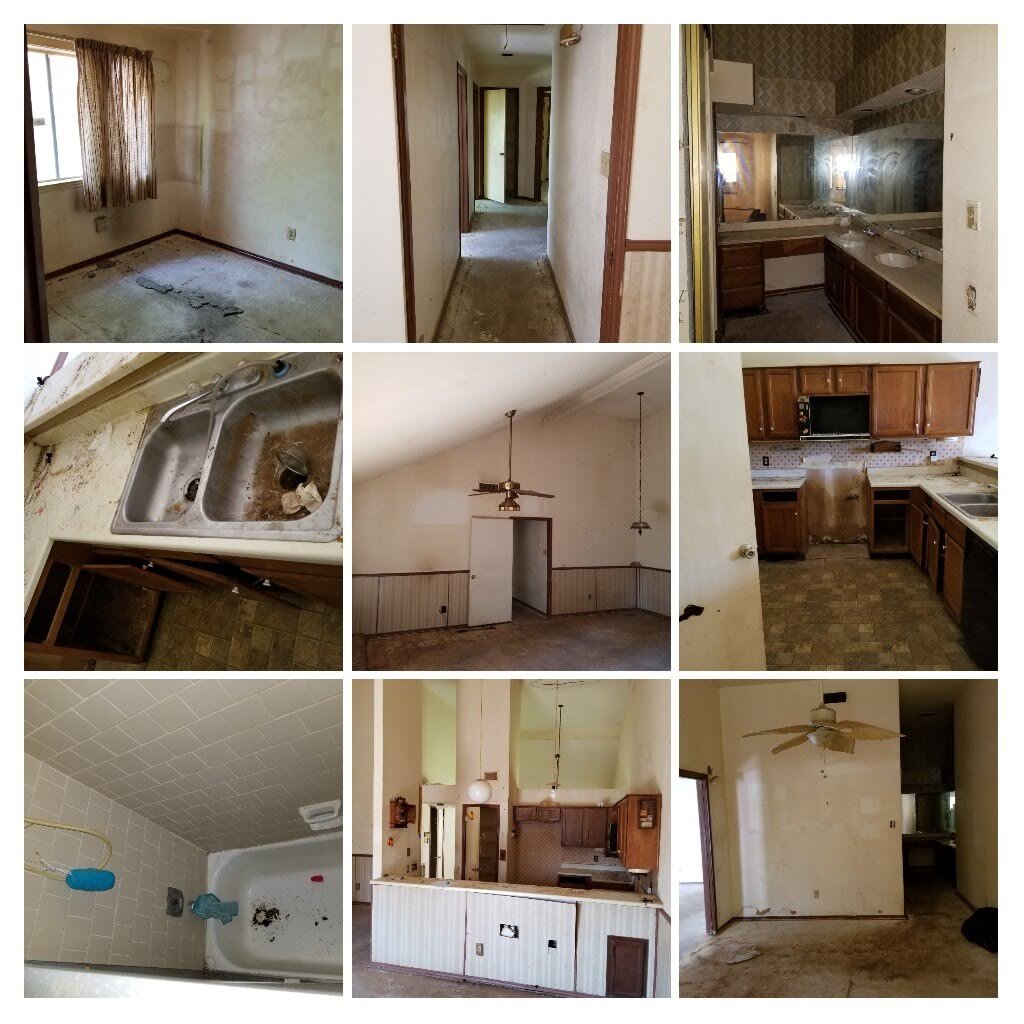If you’re a buyer or seller in a real estate transaction, you may have encountered the term “hard money” and wondered, “Why have I never heard of this before? Is it a loan shark? Is it dependable?” We are local real estate investors in Katy, TX who use hard money so whether you are a buyer or a seller here is what you need to know to get your deal done!
Key Takeaways
- Hard Money Loans are typically used by real estate investors who need to close on a house quickly or purchase a house that needs extensive repairs
- Hard Money lenders use liens on a property as the means to secure their investment.
- Hard Money Lenders know the value of real estate and their loan is backed by the asset instead of the buyer. This is different from the traditional soft money lenders.
What Is Hard Money?
Not to worry; you’re not the first to ask this question, and certainly not the last! So, what is hard money in real estate? Hard money is a type of secured loan guaranteed by the property it’s being used to purchase. The “hard” part of “hard money” comes from these loans being backed by a tangible asset, such as a house, considering its current and potential value. Real estate investors commonly use hard money loans when they need quick access to cash for a deal or are buying a house needing repairs that conventional lending won’t permit. Even if they have the cash on hand they may use hard money to have liquidity in their business to do more deals.
The Difference Between Hard Money Lenders & Soft Money Lenders
Soft Money Lenders are the more commonly known lenders in real estate, offering loans like ARM, 30-Year Fixed, Conventional Loans, etc. These loans are typically backed by federal funds or large banks, with strict criteria for borrowers and properties. Unlike Soft Money Loans, where transactions are largely backed by the borrower’s creditworthiness, Hard Money Lenders base their lending decisions on the property’s current and potential value. Although they check a buyer’s credit, the loan’s backing relies more on the property itself. However, not everyone opts for hard money loans due to their shorter terms (usually 6-12 months) and higher interest rates and points.

Are Hard Money Lenders Loan Sharks?
No, they are not loan sharks. Loan sharks operate outside the legal system, often resorting to blackmail and violence for debt collection, hence the scary name. Hard money lenders function similarly to conventional lenders, putting a lien on the purchased property to secure their investment. In case of non-payment, they follow the foreclosure process defined by the state.
Why Do People Use Hard Money Loans?
Investors willingly pay higher interest rates for hard money loans because it allows them to quickly purchase properties needing major repairs. Hard Money Lenders may also fund repairs to the property by setting up an escrow account and dispersing funds to the borrower upon proof of specific repairs. This means you may not have to bring your cash to perform the repairs on a property. Despite higher interest rates, investors profit by either refinancing to rent out the property or selling the property later at a higher price.
Is Hard Money Risky for a Buyer or a Seller?
For a buyer, the risks are similar to using a soft money lender. It’s crucial to understand the market value, evaluate exit strategies, and be aware of repair and holding costs. Remember your lender is not responsible for your profitability and they are not your financial advisor.
As a seller, the funding process from a hard money lender is similar to a soft money lender. The lender sends funds to a title company, and upon reviewing all closing paperwork, the lender gives the green light for funding and the Title will deposit the funds in the sellers account.


How Are Hard Money Loans Calculated?
Each lender offers different types of loans for various properties and exit strategies. While examples may vary, here’s an illustration based on an actual deal we did:
- Purchase: $105,000
- Repairs needed: $45,000
- After Repair Value (ARV): $175,000
- Loan Amount (75% ARV): $131,250
- Escrow for repairs: $26,250
- Points: 3% = $3,937.50
- Interest: 11%
- Holding Period: 3 months
- Interest paid during Holding: $3,609.38
- Total fees to Hard Money Lender (points + interest) = $7,546.88
- Appraisal after Repairs: $190,000
- Total Equity after repairs: $40,000
Before the purchase, the Hard Money Lender sent an appraiser to the property. We provided a list of repairs and their costs. The ARV of the property was appraised at $175,000, based on which the loan was structured. As we completed work like paint, flooring etc. we received checks from the hard money lender that came from the escrow account. After completing the repairs, we refinanced and obtained a new appraisal of $190,000. Quality repairs and finishes often increase the property value, as the initial appraiser may not anticipate the level of work delivered.
Who Are Hard Money Lenders Near Me?
Finding a reputable hard money lender in your market is crucial for ensuring they fund your deal. To locate a reliable hard money lender near you, we recommend reaching out to local real estate wholesalers. They not only provide potential deals but are likely to know dependable hard money lenders in your market.
If you’re in the Houston, TX, or Katy, TX market, consider these hard money lenders:
Who is J&A Home Buyers?
We are a real estate investing company based in Katy, TX, purchasing houses throughout the greater Houston, TX area. Our focus includes flipping, leasing, and occasional wholesale deals. If you’re a local investor, we’d love to learn more about your business and explore potential collaborations. Reach out to us through our web form or give us a call!

